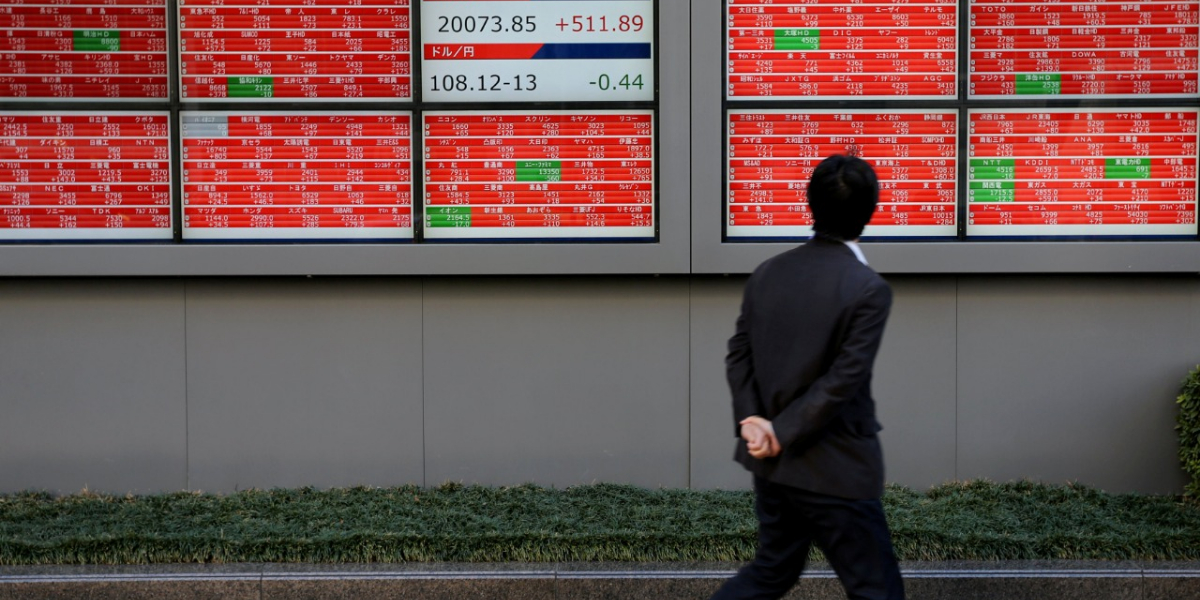Asian markets dropped Friday after a pessimistic lead by Wall Street, with investors from the globe show worries about surging inflation.
Central banks in some major economies counting United States, Canada and Britain have already started increasing interest rates to manage prices, but the European Central Bank on Thursday with no moves , plans and rates unchanged.
That sent the euro down to a near two-year low, but eurozone stocks were boosted when Wall Street retreated ahead of the Easter holidays.
The mood was subdued in Asia too, where only a handful of markets were open on Good Friday.
The Nikkei 225 closed 0.3 percent lower with Wall Street’s woes depressing sentiment.
Shanghai was down 0.7 percent in afternoon trade.
Russia’s invasion of Ukraine has added to the uncertainty about the global economic recovery from the Covid-19 pandemic.
This was reflected in statements from major banking executives in the United States, who described the American economy as solid but warned about the impact of the Ukraine conflict and the measures central banks such as the US Federal Reserve will take to control inflation.
“We don’t think there’s going to be a recession,” Julian Emanuel, chief equity strategist at Evercore ISI, told Bloomberg television.
“We don’t think the Fed is going to break the glass. But the problem is investors aren’t in that mindset quite yet.”
Russia is a major global oil and gas supplier, and — along with Ukraine — is also a key player in the grain sector.
The conflict has shaken markets for these commodities, and the impact has been felt from the Middle East to South America.
In Yemen, there are fears of food shortages with the war-ravaged nation already on the edge of famine.
In Argentina, a strike by grain transporters has paralyzed farming exports — haulers are unhappy with the rates they are paid, pointing to the spike in fuel prices because of the Ukraine crisis.
The struggle has dispatched oil charges soaring, with reports swirling about in addition energy sanctions on Russia.
Both foremost contracts have hovered above the $a hundred according to barrel mark in latest days.
“There are no surprises here as oil continues to march higher, with global supply shortage outweighing concerns about slower demand in China,” Stephen Innes of SPI Asset Management said in a note.

















